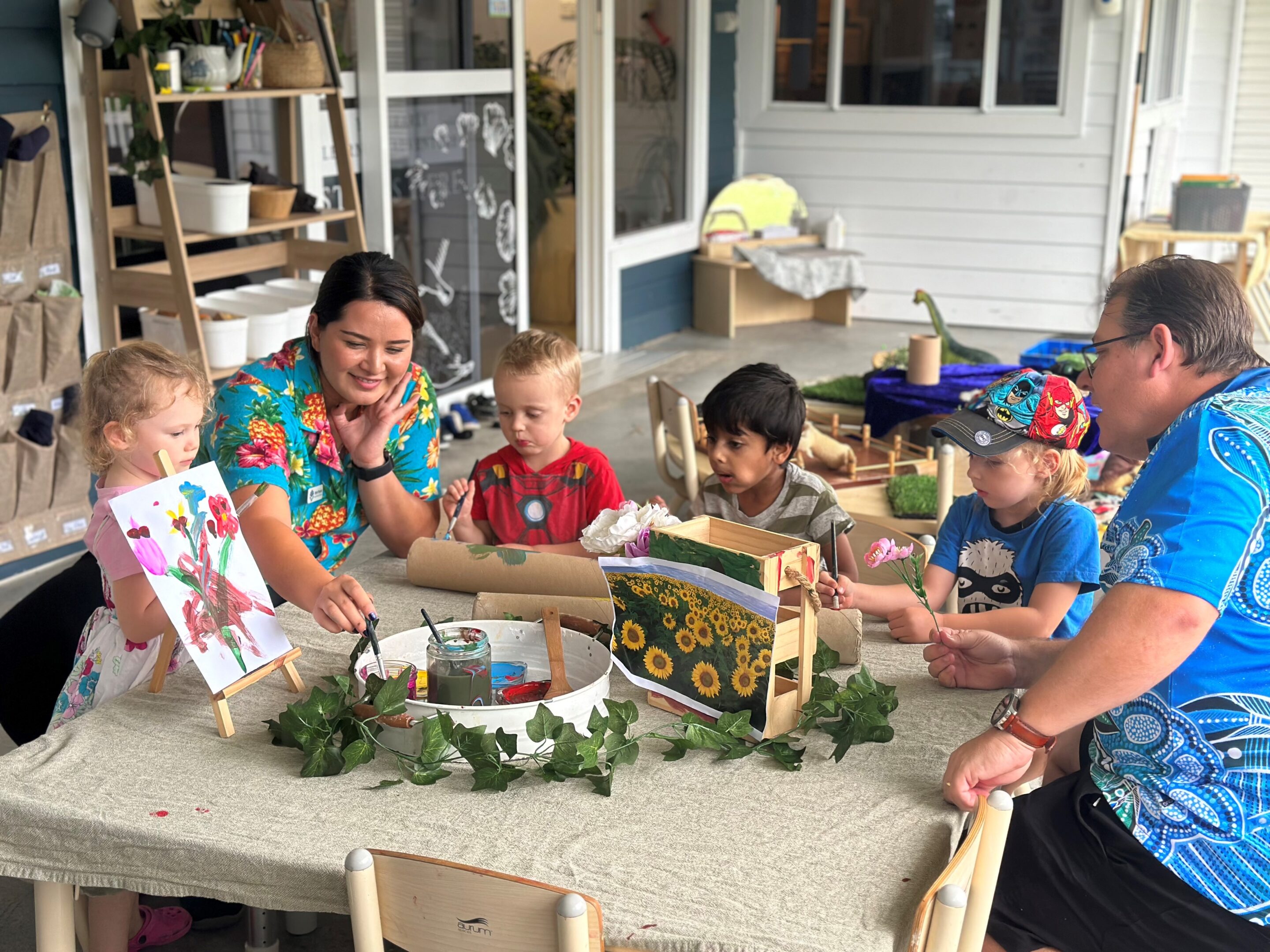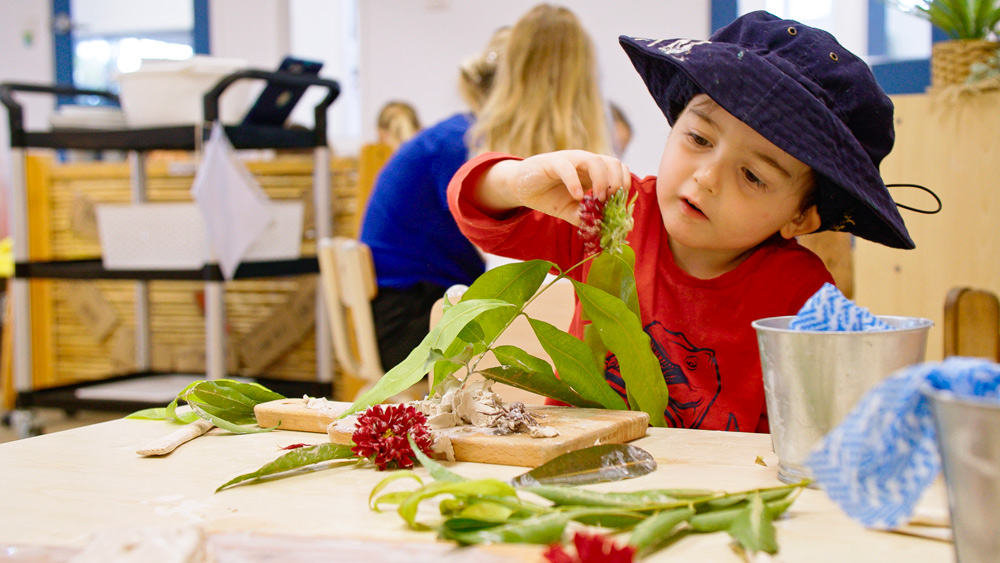Children are influenced by their surroundings, their experiences, and the people around them. The first five years of a child’s life are the most crucial for positive and healthy development. During these years, not only is a child’s physical development increasing but so too is social and emotional growth, with more connections being made beyond their family unit.
Development is supported when children form secure attachments within nurturing and stimulating environments that enable them to explore and make sense of their world. Time spent playing, talking, singing, listening and connecting with the adults in their life is essential for a child’s healthy development.
Values
Teaching children about values and explaining the importance of them, helps children to understand right from wrong as well as consequences. The best way to encourage values such as respect, honesty, determination, and love is to show those values yourself.
By making family time a priority, putting away your phone and coming together for dinner or play demonstrates children that respect, love, and connection is important. When family time is prioritised, these values become embedded. Nurturing these values helps a child to grow up to become a responsible, connected and caring adult.
Health
Good health is a crucial element in determining a child’s quality of life and influences their mind, body, and soul. Encouraging sport, outdoor play, and exercising as a family not only teaches a child how to live a healthy and active life but also reinforces family bonds.
Healthy eating habits are also a huge contributing factor that impacts a child’s life. Healthy food choices and practices should be role modelled through involving children in fun and interactive cooking and gardening experiences. Learning about where real food comes from and being involved in the process promotes positive attitudes towards nutrition and food.
Social Skills
Children learn through their interactions with others as well as how they are treated by others. Through this socialisation with family, children will learn how to trust, seek friendships with others, and find comfort.
Teaching children good manners and the skill of conversation, can be supported through providing clear instructions, providing them with constructive feedback plus through one-on-one conversations.
An environment which nurtures a child’s social development is one in which the child is provided with opportunities to master certain skills through repetition, practice, and feedback.
Language Skills
A child’s language development starts as soon as they are born. Verbal, non-verbal and written communication skills are all taught to children within early childhood settings, however the way parents and those close to a child also have a major impact on how competent and effective they become as a communicator.
As a child grows, their development will expand to repeating words and phrases that the people around them are saying. Adults must be mindful of the level of negative language that a child is exposed to, as offensive or negative words can easily be picked up and repeated.
In short, it is through learning within the family and parenting, that the child develops socially and psychologically (Vaz & Relvas, 2007). The reality is, a family is one of, if not the most influential impact on a child’s life.






